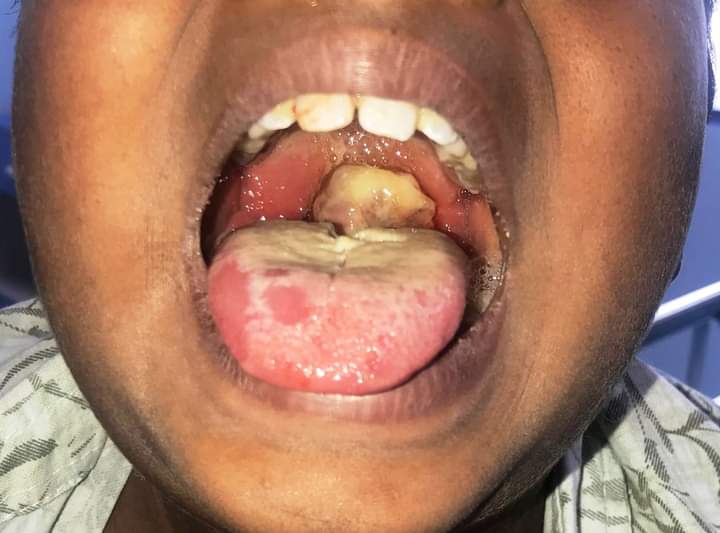Diphtheria deaths hit 34 as Kano registers 100 infections
2 min read
Diphtheria
The Nigeria Centre for Disease Control and Prevention, NCDC, said that the death toll from Diphtheria disease across the country was now 34, as Kano State registered 100 cases.
The NCDC, via its official website on Sunday said that the deaths were between December 2022 and early January 2023; they were also from Lagos, Kano, Yobe and Osun, and had reported cases of the disease, with Kano State alone, registering 25 deaths.
The agency also blamed the increase in the infection and resurgence on the low vaccination coverage across the country.
Diphtheria is a vaccine-preventable disease that was common decades ago.
Due to the effectiveness of childhood vaccination programmes, most people have forgotten what diphtheria looks like.
“The fact that we are having a resurgence of diphtheria now suggests that there have been critical reductions in vaccination coverage among pockets of our population.
“This reduced level of population immunity has given rise to the cases that we are seeing.
“It is not a matter of diphtheria spreading from state to state, the bacteria that causes the disease is present everywhere in our environment.
“Any state where you find diphtheria now, you are likely to find that it will be associated with suboptimal vaccination coverage, either in general or in pockets of the population,” it said.
Meanwhile, the identified cases of diphtheria in Kano have risen from 25 to 100 in less than two weeks.
Three persons in 13 local government areas of the state have died.
The local government areas where the diseases are ravaging include Ungogo, Nassarawa, Bichi, Dala, Dawakin Kudu, Fagge, Gwale, Kano Municipal, Kumbotso, Rano, Dawakin Tofa and Gwarzo.
Of the 100 cases, the state health ministry said eight were confirmed, while awaiting more results.
Three among the eight have also been confirmed dead and 22 among other suspected cases.
Currently, 27 patients are on admission receiving treatment while 41 have been managed and discharged successfully.
Diphtheria is defined as an acute toxic infection caused by the corynebacterium species, transmitted from person to person through respiratory droplets and contact with contaminated clothing and objects.
Symptoms range from mild to severe fever, cough, sneezing, sore throat, neck swelling, and difficulty in breathing.
Complications may include damage to the heart, kidney, and bleeding with death in up to 21 percent of cases.
Diphtheria is a vaccine-preventable disease, and its antigens are among the pentatonic vaccine (PETA) taken three times (PENTA-3) before the age of one year.
Meanwhile, experts have said that most of the patients are not being fully vaccinated, and those vaccinated are resisting being protected.
This has shown that immunization is highly effective and protective against all vaccine-preventable diseases.
They said that the spread of diphtheria infection can be prevented via the use of improved personal hygiene, the use of face masks, especially among older children, proper handling of respiratory secretion, appropriate handling of suspected cases by healthcare workers.
Prompt referrals, proper cases management, using recommended and above all, getting all eligible children vaccinated are necessary for prevention.
NAN

